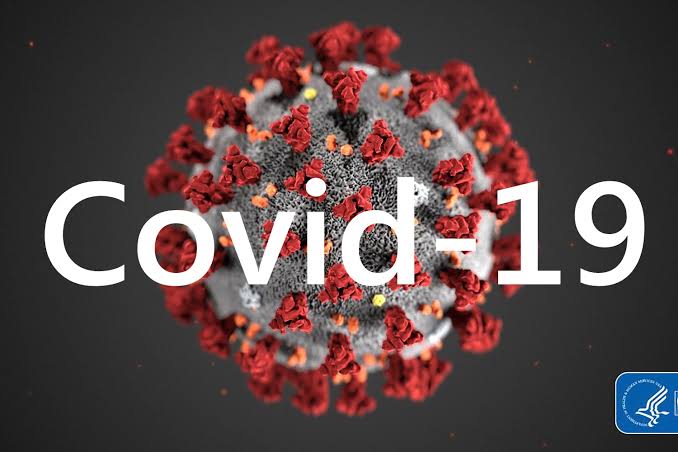The National Primary Health Care Development Agency (NPHCDA) has launched an online registration portal for Nigerians eligible in taking COVID-19 vaccination ahead of the first batch of Astrazeneca vaccine which will arrive the country on Tuesday 2nd of February.
Executive Director of NPHCDA, Dr Faisal Shuaibu disclosed this at the launching of TEACH strategy for the COVID-19 vaccine introduction in Nigeria on Tuesday in Abuja.
Shuaib said: “We have provided an e-registration link to enable Nigerians to register for the COVID-19 vaccine themselves, obtain their pre-vaccination numbers and schedule their preferred date and time for vaccination.
“To register for COVID-19 vaccination, visit our website at
https://www.nphcdaict.com.ng/publicreg/
Shuaib further stressed that in the first phase of the vaccination, healthcare workers, frontline workers, including the military, police, oil and gas workers, Nigerians at the border posts, and strategic leaders among others will be prioritised.
At the event, a female healthcare professional, Osindeinde Abodede, who followed the registration process emerged as the first person to register for the vaccination.
“Congratulations, Mrs. Osindeinde Ademilayo Abosede, a frontline health care professional. She is the first to register for the COVID-19 vaccination,” the registration message read.
According to the text message received by the healthcare worker after completing her registration, which was shown on the screen, she was booked to be vaccinated on March 12, 2021, between 10 am and 12 noon in Abuja.
The Electronic Management of Immunisation Data platform on the NPHCDA website showed that those registering will be required to select their preferred vaccination site, date of vaccination and preferred time slot and upload their photograph aside from their personal details like names, contact phone number and residential address among others.
They will also be expected to answer questions such as if they work in the health sector, any known medical condition and any history of allergies.
Source: Tribune
